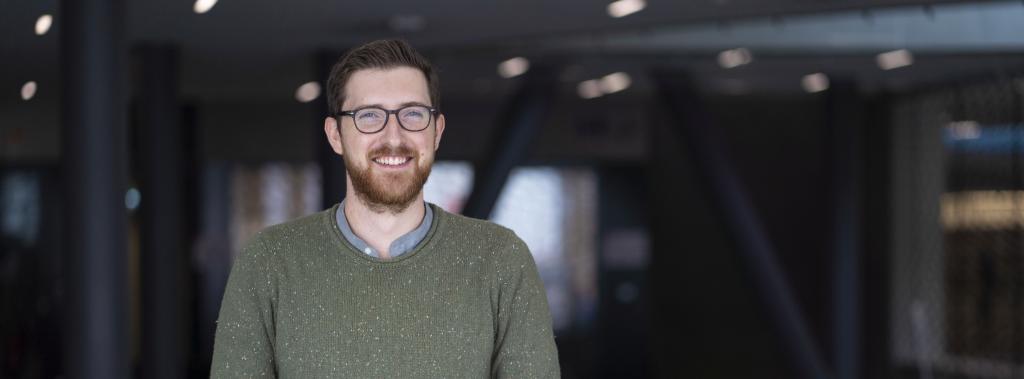Going to college in America, right at the height of the recession, no less, certainly marked my undergrad experience. I spoke to city councils in defense of alternative schools threatened by budget cuts, and organised student participation in the Occupy Wall Street movement.
In the wake of a school shooting on our campus at Seattle Pacific University, my wife, other students and I founded a student movement for gun safety reform. Out of that group came various other student-led movements, including racial, gender and disability equity.
Throughout all this, Alexa and I never felt secure in having children while at an American university. Despite research showing that student parents on average complete quality work on time and more consistently than their non-parent counterparts, we still perceived growing a family and continuing our academic careers as obstacles to each other.
That changed for us when we took up our master’s degrees in Denmark. Every other bike on campus (and there were A LOT of bikes) had a child seat on the back. Everyone, from our friends to our advisers, reminded us that the things we felt enriched our lives, such as having a baby, would never detract from our goals.
Our daughter, Penelope, was born the December before we started our final thesis-writing semester. The following months were full of joy and hard work, finishing our theses, receiving our acceptance letters to the Institute (literally screaming with excitement) and navigating the new realm of parenthood.
We did have concerns about moving countries as a new family whose primary source of income would be the programme’s funding. But after further inquiry, and being assured by the administration that the Institute supports student parents, we gladly accepted the admission offer.
Evidently, this made us the first PhD parent couple to be simultaneously admitted into the same programme at the Graduate Institute. The Institute’s course work is rigorous, but the faculty has always been supportive and understanding when the requirements of work collide with the necessities of parenting.
We have also come to understand that Geneva has a long way to go in structurally supporting working families. After hearing similar issues from fellow colleagues, my wife and several other student parents brought their concerns to the Institute’s administration.
With the support of the Graduate Institute Student Association, they founded the Parent Initiative – a support network that provides information and organises events – to help incoming and/or new parents at the Graduate Institute. It also serves as a space for continuity in advocacy as the student body evolves over the years.
Through such advocacy, we hope the Institute can be a bright example of supportive practices for working and student families.
Keywords: PhD programme, international history, parent initiative


